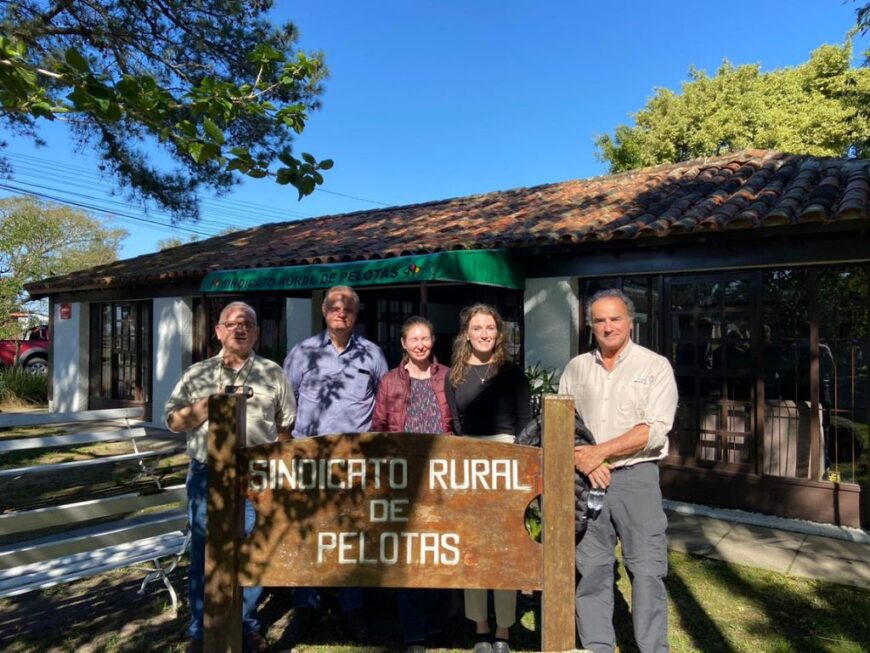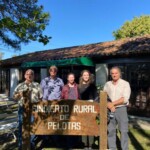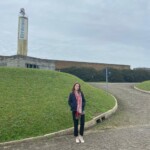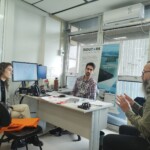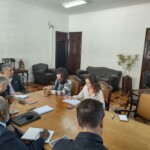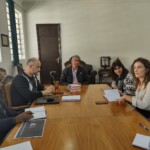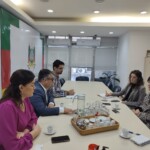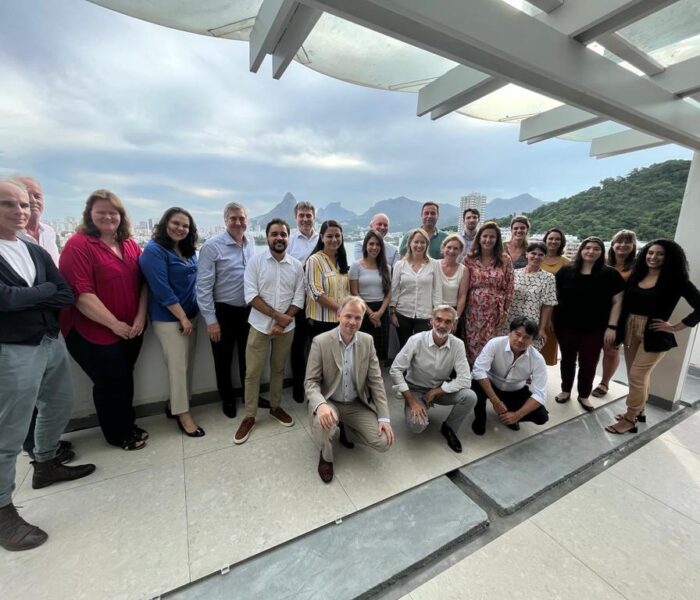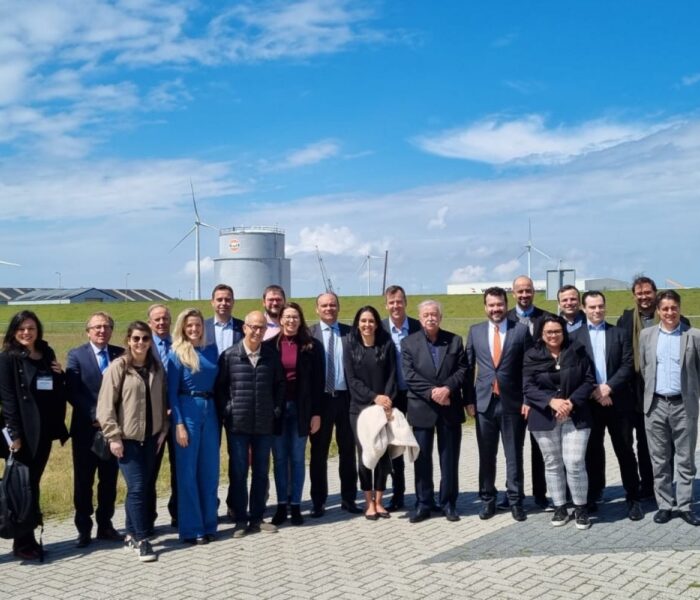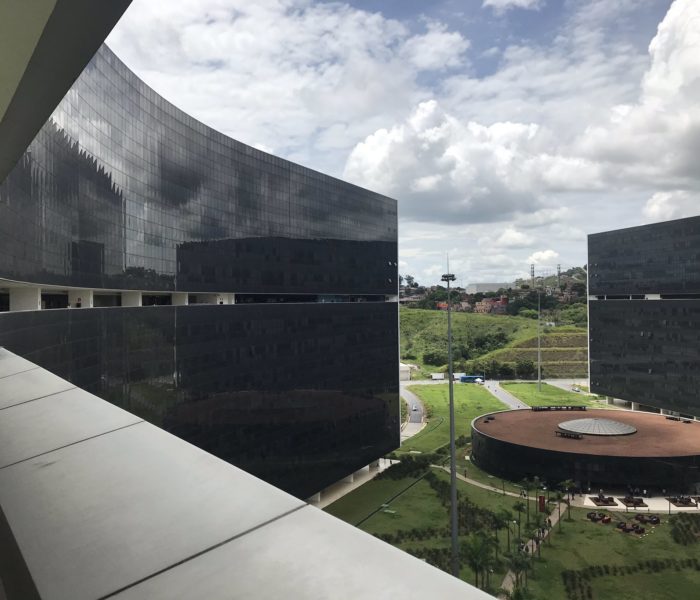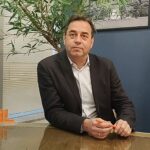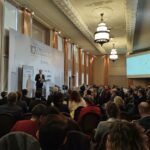Interview with Marthe Gunnink, Master’s student in International Land and Water Management at the University of Wageningen, in the Kingdom of the Netherlands. She is in Brazil doing an internship at the Dutch embassy, at the Department of Agriculture, in the federal capital Brasília.
Marthe was in Rio Grande do Sul attending meetings with representatives of the State Secretary of Agriculture, Livestock, Sustainable Production and Irrigation and the State Secretary of Environment and Infrastructure. She also participated in encounters with researchers from the Brazilian Agricultural Research Corporation (Embrapa), linked to the Ministry of Agriculture and Livestock of Brazil, and the Federation of Agriculture of Rio Grande do Sul. Marthe visited the Taim Ecological Station and the Mirim Lagoon and São Gonçalo Canal Hydrographic Basin Management Committee. The agenda was supported by NBSO Porto Alegre.
You are in Brazil for a research assignment that includes Rio Grande do Sul. What is the focus of your study?
The LAN is interested in fostering collaboration between the agriculture sector in NL and Brazil. I am looking into water management in Brazilian agriculture. We want to know what developments are going on, and if there are possible opportunities for NL. Water is interesting because you can look at technology infrastructure such as irrigation systems and drainage canals, but also at crop adaptation and soil management. It is very relevant because water management is essential in productivity, sustainability, and climate.
What are the main similarities and differences related to water management in Rio Grande do Sul and the Netherlands?
The main similarity is the climate, the weather is similar. It’s very humid. It’s not super cold, not super-hot. And there’s a lot of water here. I felt right at home! The main difference I noticed is that with rice cultivation the focus has been on getting water into the land, while in the Netherlands we have a long history of getting water out of the land.
And speaking of differences, the farms here are huge compared to what I’m used to back home. The Netherlands is smaller with lots of people and different sectors are close to each other. This requires a lot of working together. We’ve been collaborating on water management since the 13th century! But here in Rio Grande do Sul, you’ve got these massive farms where one farmer handles everything in terms of infrastructure from roads to energy to water. I saw a lot of experimentation on farm as well: I visited a farm that’s doing it all – rice, soy, cover crops, and even dairy, all on one farm! It’s pretty impressive.
Are there opportunities for partnerships and knowledge sharing?
Very well, I spoke with professionals from Embrapa Clima Temperado and also with farmers in Rio Grande do Sul and they have some very clear ideas. The Netherlands can help, for example, with the issue of drainage. Following rice the land needs to be drained to prepare it for soybean or corn. This is something the Netherlands is very good at. So a very clear opportunity for a partnership or for Dutch companies is for companies related to drainage systems and drainage pumps, to come here. There is also an interest in our experience with winter crops.
I think there is also room for Netherlands to learn. Rio Grande do Sul has been experiencing droughts recently, like we have. Everyone is talking about water management: it is a very important topic for both the Netherlands and Brazil.

